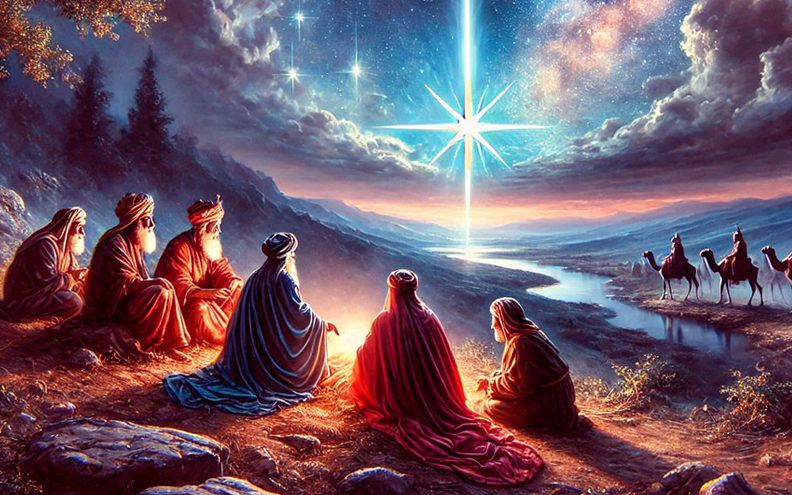When was Yeshua actually born?

Shalom, dear brothers and sisters! While the world prepares to celebrate Christmas on December 25th, let’s explore together what Scripture and historical evidence tell us about the actual date of our Messiah Yeshua’s birth.
In the Gospel of Luke, we read: “And there were shepherds living out in the fields nearby, keeping watch over their flocks at night.” This verse provides us with a crucial clue about the timing of the Messiah’s birth. In Judea, shepherds traditionally didn’t keep their flocks in the fields during winter months, particularly December, when it was cold and often rainy. Shepherds typically kept their sheep in the fields from spring through early autumn, which already calls into question the traditional December date.
Luke also mentions that Joseph and Mary traveled to Bethlehem for a census. The Romans were practical administrators and wouldn’t have conducted a census in winter when travel was difficult due to weather conditions. It’s reasonable to assume the census was held during a more favorable time for travel.
We can find more precise indications by tracking John the Baptist’s birth timeline. Zechariah served in the Temple during the division of Abijah, as Luke tells us. According to the Temple calendar, this division fell in late spring to early summer. Elizabeth conceived John after this, and Mary’s annunciation came six months later. This chronology gives us a framework for determining Yeshua’s birth timing.
It’s particularly significant that all major events in God’s redemptive plan occurred during biblical festivals. The Messiah’s death coincided with Passover, the outpouring of the Holy Spirit with Shavuot, and there’s compelling evidence that Yeshua’s birth occurred during Sukkot, when God “tabernacled among humans.” Many Scripture scholars conclude that Yeshua’s birth likely took place during the fall festival of Sukkot (Feast of Tabernacles). This carries profound symbolic meaning, as John writes: “The Word became flesh and dwelt (literally ‘tabernacled’) among us.”
So why do we celebrate on December 25th? The tradition of celebrating Christmas on this date was established in the 4th century under Emperor Constantine. This date coincided with pagan solstice celebrations and was chosen to ease pagans’ transition to Christianity. However, this date has no historical basis in Scripture.
Based on biblical evidence, historical context, and the Jewish festival calendar, we can reasonably conclude that our Messiah Yeshua was born in autumn, most likely during Sukkot. This timing aligns with all biblical indicators and is rich with spiritual significance.
Remember, what’s truly important isn’t the specific date of celebration, but the reality of God’s Son becoming flesh to save His people. Nevertheless, understanding the historical and biblical context helps us better grasp God’s design and the prophetic significance of the Lord’s festivals. May this knowledge help us celebrate our Messiah’s coming more meaningfully and share this truth with others in love and wisdom.
May this special season, as we remember our Messiah’s incarnation, fill your hearts with deep gratitude and awe at God’s wonderful plan. May His truth light your path, and His shalom dwell in your homes and families. May the Lord bless you especially during these festive days and help us all grow in knowing Him and loving one another. Happy holidays! Chag Sameach!
